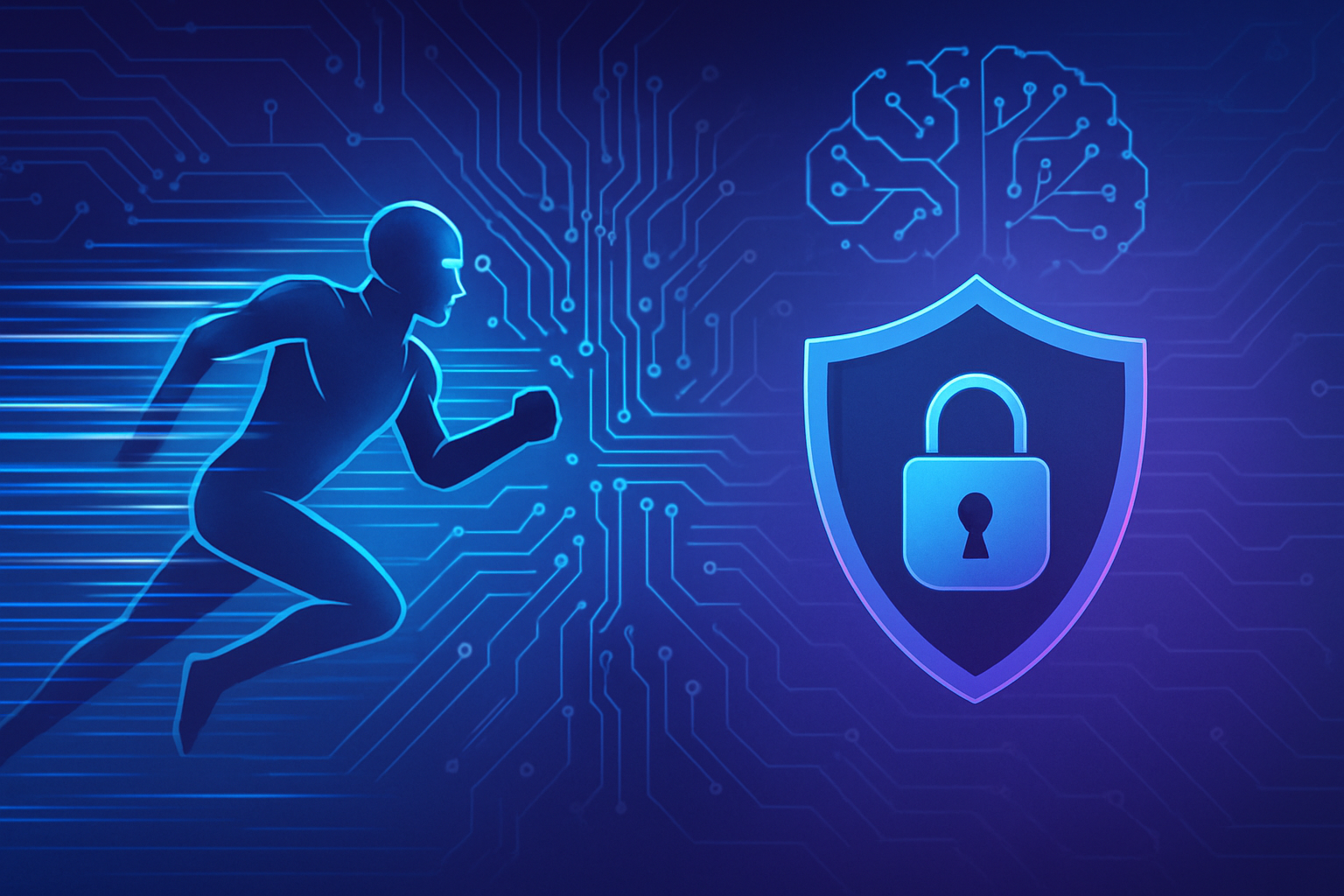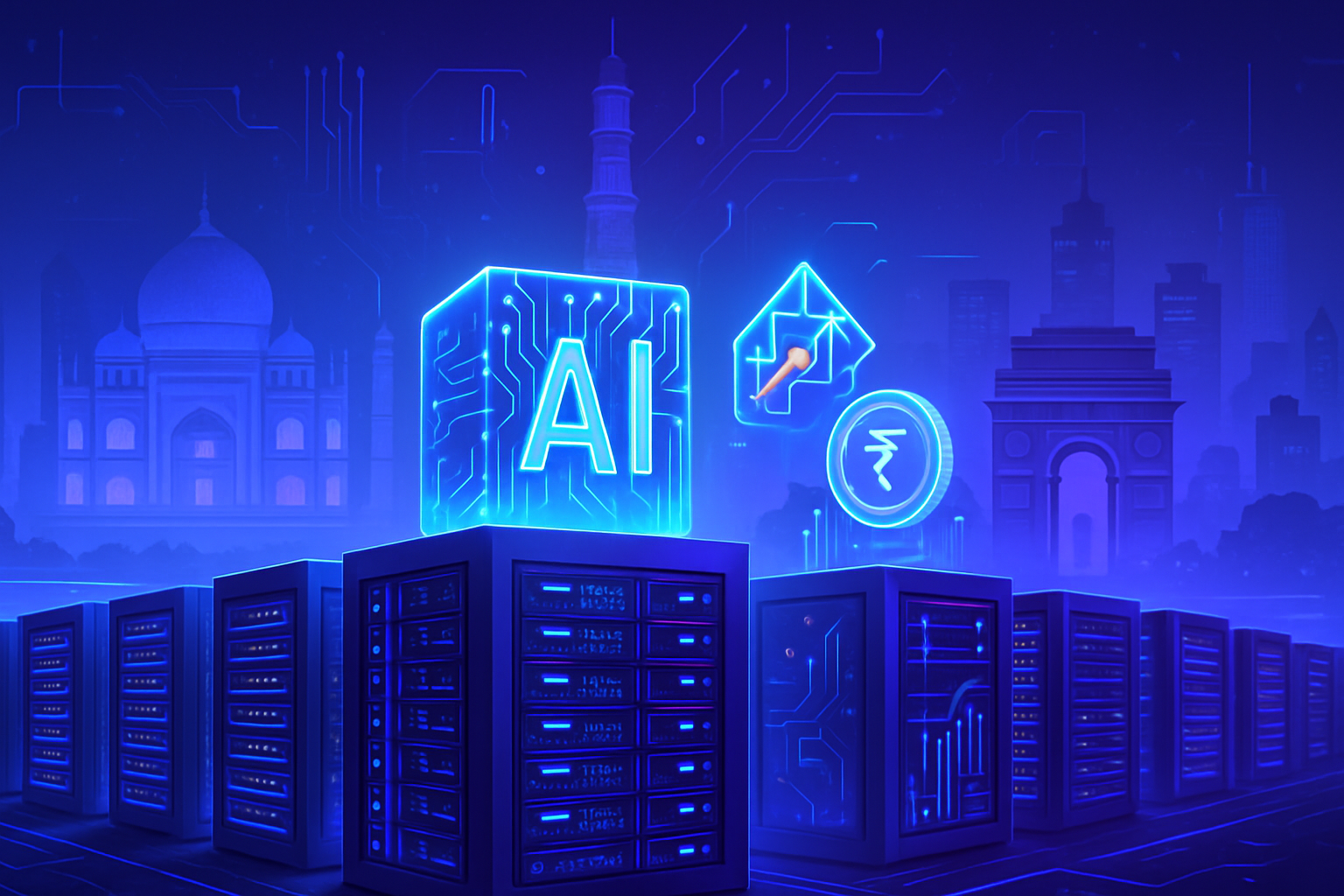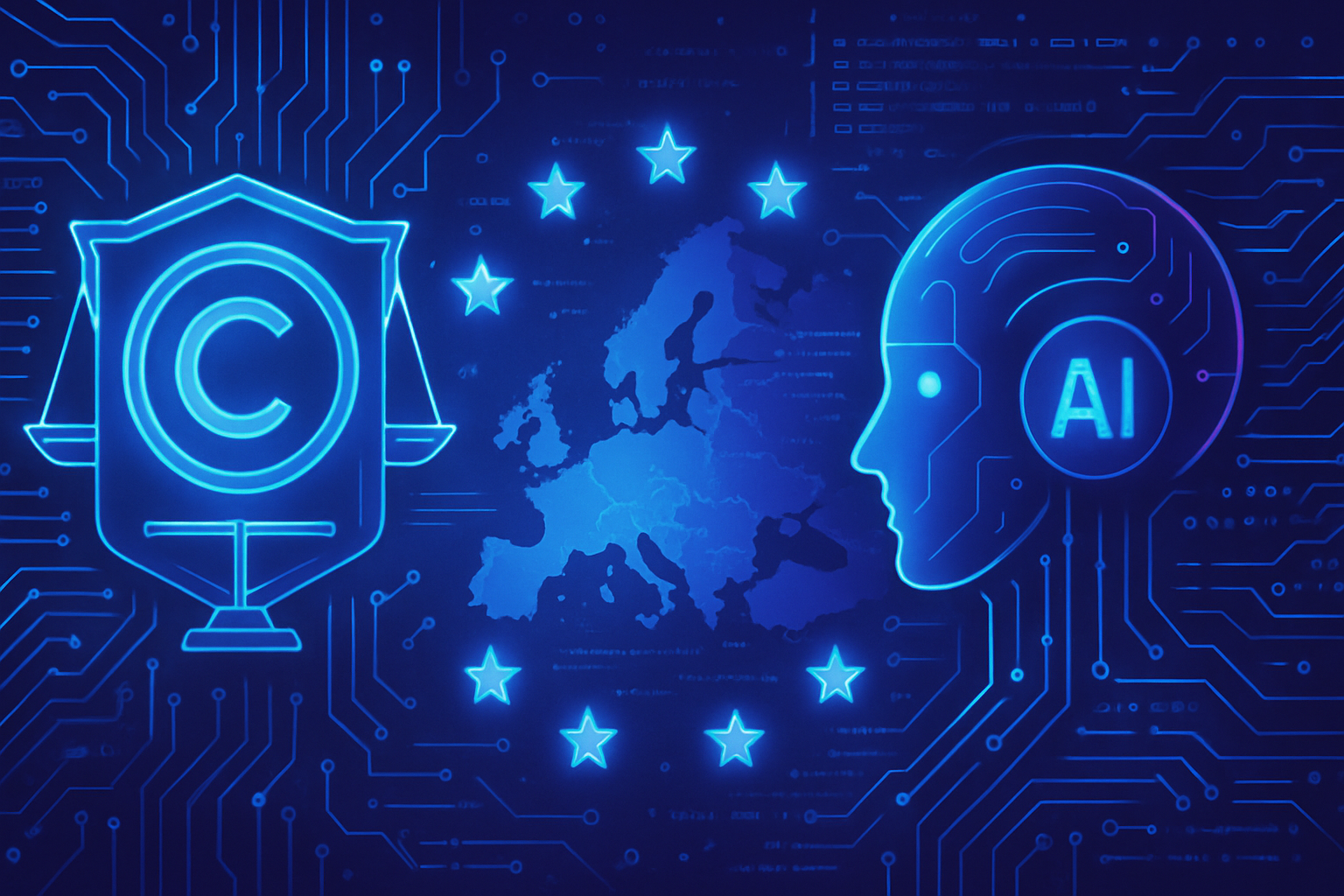The imminent quest for a general artificial intelligence raises major questions. The coexistence of speed and security presents a fundamental challenge. Industry players face a disenchanted paradox: the necessity to advance by leaps and bounds, coupled with the demand to maintain a scrupulous ethics. The tension between the pace of development and societal responsibility constitutes a dilemma often overlooked. The stakes are considerable, questioning the very foundations of this technological revolution.
The tension between speed and security
The fierce race to create artificial intelligences (AI) provokes deep reflection on the coexistence of the values of speed and security. Many industry players are questioning how to balance these two imperatives. Researcher Boaz Barak, currently on a security mission at OpenAI, expressed concerns regarding the recent version of xAI’s Grok model, labeling its launch as “completely irresponsible”. This judgment highlights a lack of transparency, crucial in a sector where security must take precedence.
The paradox of speed and security
A second narrative, from Calvin French-Owen, former engineer at OpenAI, brings essential nuance to this issue. According to him, a majority of the security projects within OpenAI remain sheltered from public scrutiny. Threats such as hate speech, bio-weapons, and self-harm require acute attention, often illustrated by hard work that is typically invisible. The need to produce quickly sometimes seems to undermine efforts to prevent potential dangers.
An urgency and secrecy culture
OpenAI has witnessed a spectacular increase in its workforce, tripling in one year to reach 3,000 people. French-Owen describes this phenomenon as a “controlled chaos”, where the disordered energy of rapid expansion creates challenges in communication and implementation of security protocols. In this context, the obsession with speed is accompanied by a culture of secrecy, more concerned with racing against Google and Anthropic than with establishing responsible practices.
Ethics of speed
The Codex project, OpenAI’s famous coding agent, exemplifies this frantic pursuit of speed. French-Owen describes the creation process as a “frenzied sprint”, during which a small team developed an innovative product in seven weeks. Despite the technical achievements, this method reflects humanity jeopardized by a race for efficiency that sometimes neglects fundamental ethical considerations.
Measuring security and responsibility
The difficulty of establishing visible security metrics compared to those of speed highlights a crucial dilemma in the industry. Performance measures often shout louder than the invisible successes in crisis prevention. In current boardrooms, the attraction to tangible results fosters a culture where security should be a priority, yet struggles to be heard.
Toward a culture of shared responsibility
A paradigm shift is necessary to redefine the notion of a product launch. The integration of safety case publications should become as vital as the code itself. Establishing industry standards would prevent a company from being penalized for its diligence regarding safety, transforming it into a shared and non-negotiable foundation.
Every engineer, not just those assigned to security, must develop an increased sense of responsibility in this context. The aspiration to create a general intelligence (AGI) is not merely about crossing the finish line first, but about how to get there. The true winner will be the one who demonstrates to the global community that ambition and responsibility can advance together.
Responses from AI giants
Balancing speed and security is not solely the responsibility of individual companies. Major players like Microsoft, with its new health AI tool, are managing to redefine the accuracy of diagnoses, surpassing human medical performance. These advances invite reflection on the responsibility inherent in these technologies, especially in light of contemporary ethical issues.
Furthermore, innovations such as Google’s DeepMind Dia models for controlling robots demonstrate the importance of a systematic approach to the future of AI. These technologies raise crucial questions about security and regulation, ensuring that the AI race does not sacrifice fundamental principles for the sake of speed.
Resources and collective reflection
The need for a collective response to the emergence of AI, in light of climate challenges and conflicts, becomes more pressing than ever. The challenge lies in a determined and swift reaction, urging sector players to convergently focus on security and speed for a positive dynamic.
Events such as the AI & Big Data Expo allow for the exploration of these issues and envision a future where AI acts as a driver of ethics and innovation, while ensuring that real benefits extend well beyond mere speed.
Frequently asked questions about the coexistence of speed and security in the AI race
Can speed in AI development compromise security?
Yes, speed can often lead to security oversights, as teams may feel rushed to deliver products without conducting appropriate assessments.
What are the main security threats in AI when speed is prioritized?
Threats include the spread of hate speech, bio-weapons applications, and the potential for personal harm, all exacerbated by rushed releases.
How can AI companies balance speed and security?
It is essential to establish industry standards wherein the publication of safety studies is valued as much as development speed, creating a culture of shared responsibility.
What examples illustrate the tension between speed and security in AI development?
The development of Codex by OpenAI is an example, where a revolutionary product was created in just seven weeks, raising concerns about the security process.
Is research publication on AI security sufficiently prioritized?
Currently, many security studies are not published, highlighting a crucial need to make this information accessible to enhance transparency.
How do competitive pressures affect security practices in AI?
Companies often feel forced to accelerate their releases to avoid losing market share, which can harm a cautious approach to security.
What is the importance of shared responsibility in AI labs?
Cultivating a sense of responsibility among all teams, not just the security department, is crucial to ensuring high security standards.
What measures can be taken to improve security while respecting launch timelines?
Companies should revisit their definition of product delivery by making security assessments a priority integrated into every phase of development.






